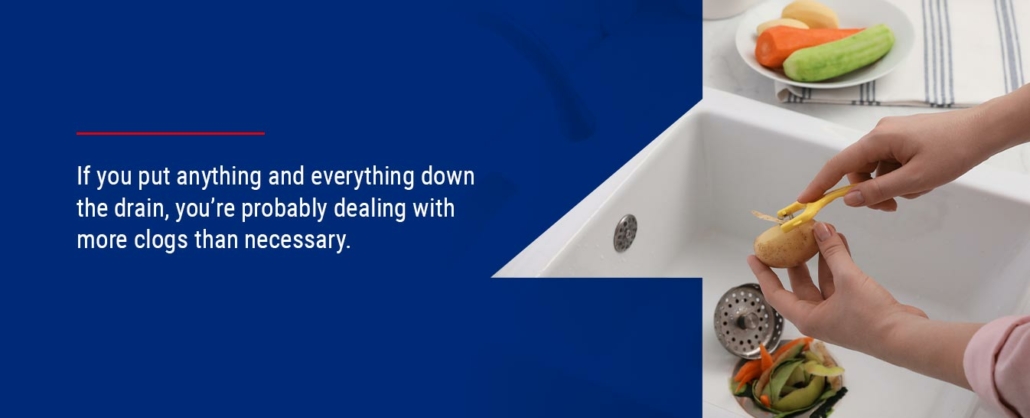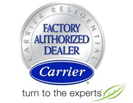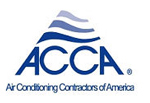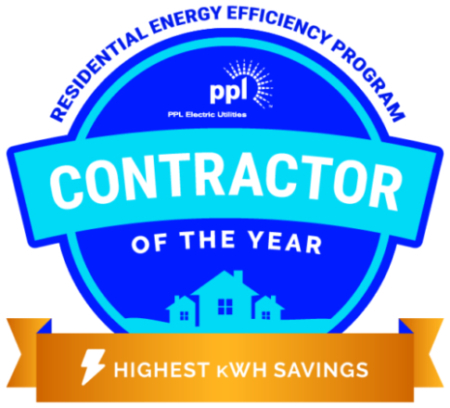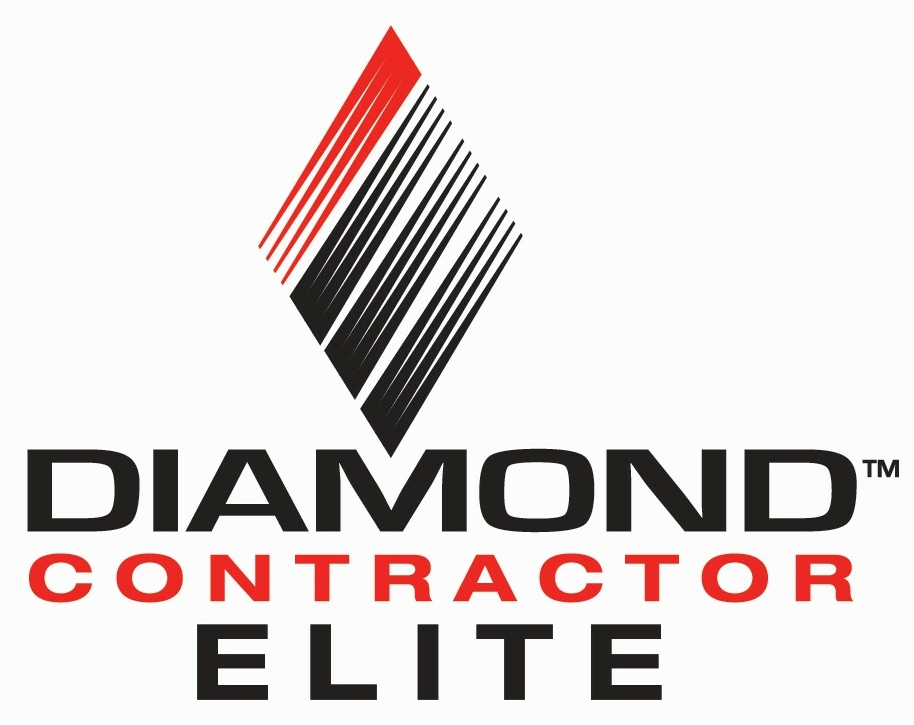While clogs seem to happen to everyone, you have many ways to help prevent them. Avoiding clogs in the first place will let you bypass bad odors, sluggish drains and the costs of plumbing services. With some regular cleaning strategies and drain-clearing habits, you can keep your plumbing systems wide open and working their best.
How Do Drains Clog?
Drains can clog for several different reasons, including:
- Material buildup: Materials can stick to the sides of the pipes and narrow the path that water moves through. Draining slows as the water passes through a narrower passage, giving more material the chance to stick. These clogs can build until they completely block the water’s path if left unchecked.
- Blockages: Items like large pieces of food, wads of hair or paper products can completely block the pipe.
- Corrosion or damage: If your pipes are corroded or damaged, materials like soil and metals can get into the water and contribute to clogs.
- Tree Roots: Commonly we find roots infiltrating water lines that eventually damage and block water lines
Everything that goes through your drains can contribute to clogs, so it’s vital to consider how you use and clean them.
How to Prevent Clogged Drains in 6 Easy Ways
With those threats in mind, here are some strategies for preventing clogged drains.
1. Do Not Use Chemical Drain Cleaners
Even though store shelves are full of drain cleaners, we do not advise using them for any clogged drain. They are very caustic and will damage and corrode pipes over time. Additionally these chemicals are terrible for our water supply.
Enzymatic cleaners contain bacteria that break down clogs. They’re great for on-going maintenance of drains since they’re non-corrosive and more eco-friendly. However, they take time to breakdown biological materials, so apply them regularly if there is a known issue like tree roots in the drain.
2. Use Drain Screens and Lint Catchers to Collect Debris
Pick up a drain screen or mesh strainer at your local hardware store to set inside your drain and collect large pieces. You can even find tub stoppers with screens built in. Be sure to clean these drains regularly, including the pop-up stopper in your bathroom sink. Some pop-up stoppers hook into the sink.
You can also add a lint catcher to your washing machine hose. Grab a lint trap for the end of your drain hose and replace it when needed.
3. Be Careful What You Put Down the Drain
If you put anything and everything down the drain, you’re probably dealing with more clogs than necessary. Instead, keep the following items out of your plumbing:
- Food waste: Even if you have a garbage disposal, extra food waste isn’t ideal for your pipes. Try composting instead to keep your kitchen sink free of clogs.
- “Flushable” items: Despite manufacturers claims, “flushable’ wipes are not flushable! Keep them out of the system altogether.
- Grease: Grease might start as a liquid when it’s warm, but it will congeal into a sticky mess inside your pipes. Instead of pouring it down the drain, pour grease into a sealable container like an old bottle or milk container and toss it in the trash when you fill it up. Another option is to leave it out until it cools and hardens, then scrape it into the trash.
- Paint, nail polish remover and construction materials: If you’re working with any of these items, do not send them down the drain. It’s not just bad for your plumbing — it’s illegal in many areas. Some substances to avoid include paint, paint thinner, nail polish remover, grout, joint compound and cement. These materials will be harsh and damaging to the pipes and may contain solids that settle and form clogs. Look for safe ways to dispose of these items, or contact your local environmental authority to learn more.
- Paper products: Toilet paper is the only paper product you should put down the drain. Items like cotton balls, feminine hygiene supplies and paper towels will not break down to allow the system to flow freely.
Consider your bathroom habits, too. You can help keep your shower drain clog-free by brushing your hair before showering and bathing your pets outside when possible.
4. Flush Drains Frequently
Take some time to clean out your drains regularly. Simply running hot water about once a week if drains are not used frequently is a good way to clear scum and buildup to help keep the drain clean and prevent odors. This will also keep the drain trap full of water so foul smells do not permeate into your home.
It’s also helpful to flush your drain, especially if you have low-flow toilets and faucets. They don’t carry debris away as well, allowing it to build up in the pipes. For your toilet, fill up a large bucket with water and pour it in while continuously flushing. For bathtubs and sinks, simply let them fill with hot water and remove the stopper.
5. Use Good Garbage Disposal Habits
Be good to your garbage disposal by:
- Cleaning it often: You can create vinegar ice cubes with vinegar and a splash of water to clean your garbage disposal. Turn the disposal on and toss the cubes in. The mild acid of the vinegar cleans out the disposal and pulls grease off the walls. You can also toss some lemon slices in to keep it smelling fresh.
- Using cold water: Whenever you run the garbage disposal, run cold water to help pull the material through your drains.
- Avoiding certain foods: The list of items to avoid in your garbage disposal is long. Most of them don’t grind well and can thicken or get sticky in the pipes.
6. Inspect Recurring Clogs
If you have a clog that keeps coming back, talk to a pro. You may need someone who can inspect the pipes with a remote camera to identify damage like corrosion, overgrown tree roots or a collapsed pipe. These issues can cause repeating issues by letting debris into your pipes from another location.
What to Do When a Drain Is Clogged
If you have a clogged drain, start with some of the preventive cleaners we mentioned, like enzymatic cleaners, vinegar and hot water. You can also try using a good plunger or drain snake, also called a drain auger. These tools can help you physically clear the clog and either pull it out or send it along into the sewage system.
If these methods don’t work, it might be time to call a professional.
Get Clogs Cleared Fast With Zimmerman
If you need plumbing services near Mechanicsburg, Harrisburg, Carlisle or the West Shore in Pennsylvania, Zimmerman Plumbing, Heating & Air Conditioning can help. Decades of experience have made us the go-to service provider to clear drains quickly and affordably. Reach out to us online or give us a call any time at 717-697-3528 to get in touch.


